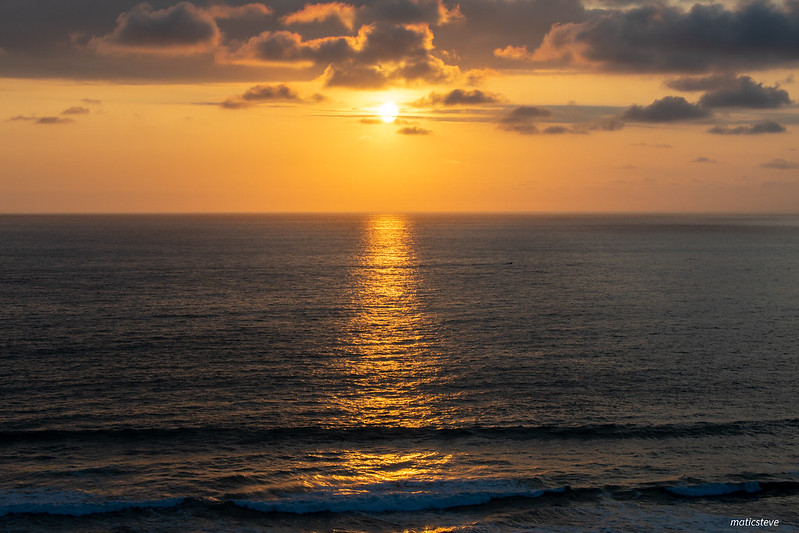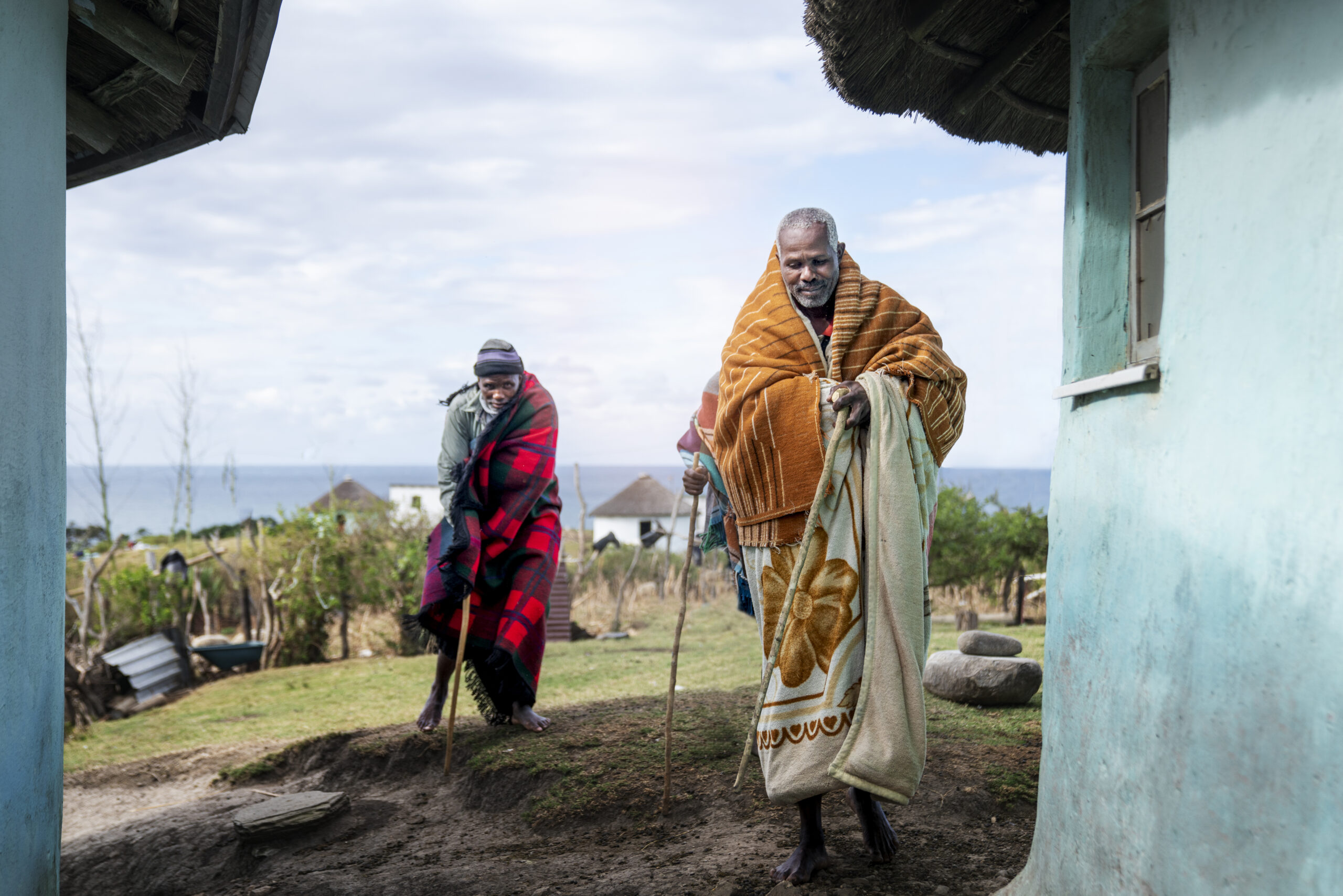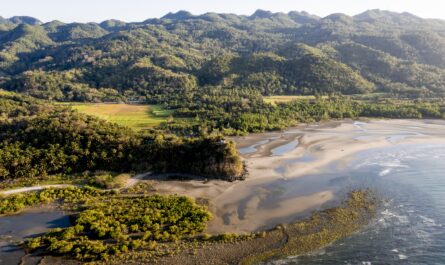The legacy of colonial rule in the Pacific Islands continues to shape the region’s governance, economy, and cultural identity. From the early arrival of European explorers to the establishment of colonial administrations, the Pacific Islands underwent profound transformations. The effects of colonization can still be observed in the political structures, economic systems, and cultural landscapes of these nations. This article examines the multifaceted and lasting impact of colonial rule on Pacific Island governments, offering insights into their modern governance challenges and triumphs.
1. The Introduction of Western Political Systems
Traditional Governance Pre-Colonialism
Before the arrival of European colonizers, Pacific Island societies had intricate systems of governance rooted in communal values, oral traditions, and hierarchical leadership.
- Chieftainships: Chiefs (matai in Samoa, ariki in Polynesia) played a central role in decision-making and conflict resolution.
- Village Councils: Governance was often decentralized, with local councils ensuring harmony and resource distribution within communities.
- Oral Laws and Customs: Laws were unwritten but widely understood and enforced by traditional leaders.
Colonial Disruption and Imposition of Western Governance
Colonial powers dismantled or reshaped these traditional governance structures to align with Western ideals of administration.
- Centralized Colonial Administration: Colonizers replaced localized systems with centralized bureaucracies to streamline control.
- Legal Systems: Customary laws were often disregarded or subordinated to European legal codes.
- Governors and Appointed Officials: Colonial administrators appointed governors or high commissioners, sidelining indigenous leadership.
Legacy of Political Systems
Post-independence, many Pacific Island nations retained elements of these imposed systems:
- Hybrid Models: Modern governance often blends traditional structures with Western-style democracy, as seen in Fiji and Samoa.
- Challenges: Balancing traditional leadership with modern democratic values remains a complex issue in governance.
2. Economic Dependency and Exploitation
Colonial Economic Structures
Colonial rule transformed Pacific Island economies to serve the interests of imperial powers, prioritizing resource extraction and cash crops over local needs.
- Monoculture Agriculture: Colonizers introduced plantations for crops like copra, sugar, and cocoa, creating economic dependency on single commodities.
- Resource Exploitation: Mining activities, such as phosphate extraction in Nauru, led to environmental degradation and long-term economic challenges.
Dependency on Foreign Trade
Colonial economies were integrated into global trade networks, often to the detriment of local sustainability.
- Import Reliance: Colonized islands became dependent on imported goods, eroding traditional self-sufficiency.
- Export-Oriented Economies: Wealth generation was tied to exporting raw materials to colonial metropoles, leaving little for local development.
Economic Legacies
- Structural Dependency: Many Pacific nations remain reliant on foreign aid and imports due to the economic models established during colonial rule.
- Environmental Consequences: The environmental degradation caused by over-extraction of resources continues to affect island communities.
3. Cultural Transformation and Identity Challenges
Introduction of Christianity
Christian missionaries played a significant role in the colonial period, leading to widespread conversion and cultural change.
- Loss of Traditional Beliefs: Indigenous spiritual practices were often suppressed or replaced by Christian doctrines.
- Syncretism: In some cases, Pacific Islanders blended Christian teachings with traditional customs, creating unique cultural practices.
Language Suppression and Promotion of European Languages
Colonial administrations promoted European languages, often at the expense of indigenous tongues.
- Erosion of Indigenous Languages: Native languages were marginalized in education and governance, leading to their decline.
- Lingua Franca: English and French became dominant languages in former British and French colonies, influencing modern political and economic interactions.
Cultural Resilience and Revival
Despite colonial pressures, Pacific Islanders have worked to reclaim and celebrate their cultural heritage.
- Language Revitalization: Programs in nations like New Zealand and Hawaii have successfully revived indigenous languages.
- Traditional Arts: Dance, music, and crafts have become symbols of cultural pride and identity.
4. Social Hierarchies and Inequalities
Colonial Divide-and-Rule Policies
Colonial powers often manipulated social structures to maintain control.
- Ethnic Stratification: In some colonies, ethnic groups were pitted against each other to prevent unified resistance.
- Favoritism: Colonial administrators favored certain tribes or regions, leading to long-term inequalities.
Impact on Gender Roles
Colonial rule also altered traditional gender dynamics:
- Patriarchal Systems: European gender norms often undermined the matrilineal systems present in many Pacific societies.
- Education and Employment: Women were frequently excluded from colonial education systems, limiting their participation in governance and economic development.
Contemporary Inequalities
The social hierarchies and divisions established during colonial times persist in some forms today:
- Urban-Rural Divides: Economic and social opportunities are often concentrated in urban areas, leaving rural communities marginalized.
- Inter-Ethnic Tensions: Historical favoritism has contributed to tensions between different ethnic groups in nations like Fiji and Papua New Guinea.
5. Sovereignty Movements and Post-Colonial Governance
Struggles for Independence
The mid-20th century saw waves of independence movements across the Pacific as colonized nations sought sovereignty.
- Key Independence Movements:
- Fiji gained independence from Britain in 1970.
- Papua New Guinea became independent from Australia in 1975.
- Samoa, the first Pacific Island nation to achieve independence, did so in 1962.
- Non-Self-Governing Territories:
- Some islands, like French Polynesia and Guam, remain territories of colonial powers, sparking ongoing debates about self-determination.
Post-Colonial Challenges
- Political Instability: Transitions from colonial rule to independence often left nations grappling with governance issues.
- Economic Dependence: Many nations struggled to break free from the economic models imposed during colonial times.
Success Stories
Despite these challenges, several Pacific nations have made significant strides:
- Hybrid Governance: Countries like Samoa have successfully integrated traditional leadership into democratic systems.
- Cultural Pride: Independence has sparked a cultural renaissance, with many nations celebrating their unique identities on the global stage.
6. Environmental Exploitation and Its Long-Term Impact
Resource Overuse During Colonial Rule
Colonial administrations prioritized resource extraction, often ignoring the long-term environmental consequences.
- Mining and Agriculture: Intensive mining and plantation agriculture led to soil depletion, deforestation, and biodiversity loss.
- Marine Exploitation: Overfishing and the destruction of coral reefs disrupted marine ecosystems vital to island communities.
Legacy of Environmental Degradation
The environmental challenges caused by colonial practices continue to affect Pacific nations:
- Rising Sea Levels: Climate change, exacerbated by global industrialization, poses existential threats to low-lying islands.
- Pollution and Waste: Many islands are still grappling with pollution from colonial industries.
Environmental Advocacy
Pacific nations have emerged as leaders in global environmental advocacy:
- Climate Change Initiatives: Countries like Fiji and Tuvalu have championed international efforts to combat climate change.
- Sustainable Practices: Indigenous knowledge is being integrated into modern conservation strategies.
Conclusion
The colonial history of the Pacific Islands is a story of profound transformation, marked by resilience and adaptation. While colonial rule brought about significant challenges, including economic dependency, cultural erosion, and social inequalities, Pacific Islanders have demonstrated remarkable strength in reclaiming their identities and navigating modern governance. By understanding this history, we gain valuable insights into the complexities of post-colonial governance and the enduring spirit of Pacific Island communities.
As the Pacific faces new challenges like climate change and globalization, the lessons of its colonial past serve as a reminder of the importance of cultural preservation, self-determination, and environmental stewardship. The legacy of colonial rule, though complex, continues to shape the vibrant and resilient societies of the Pacific today.



